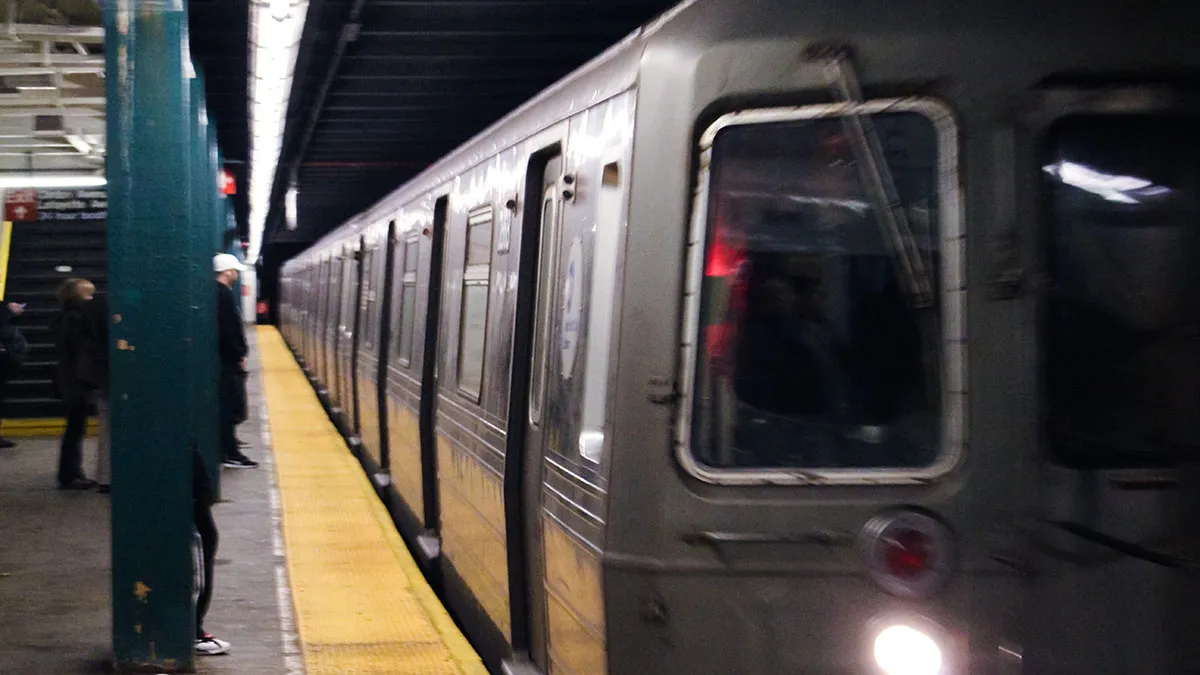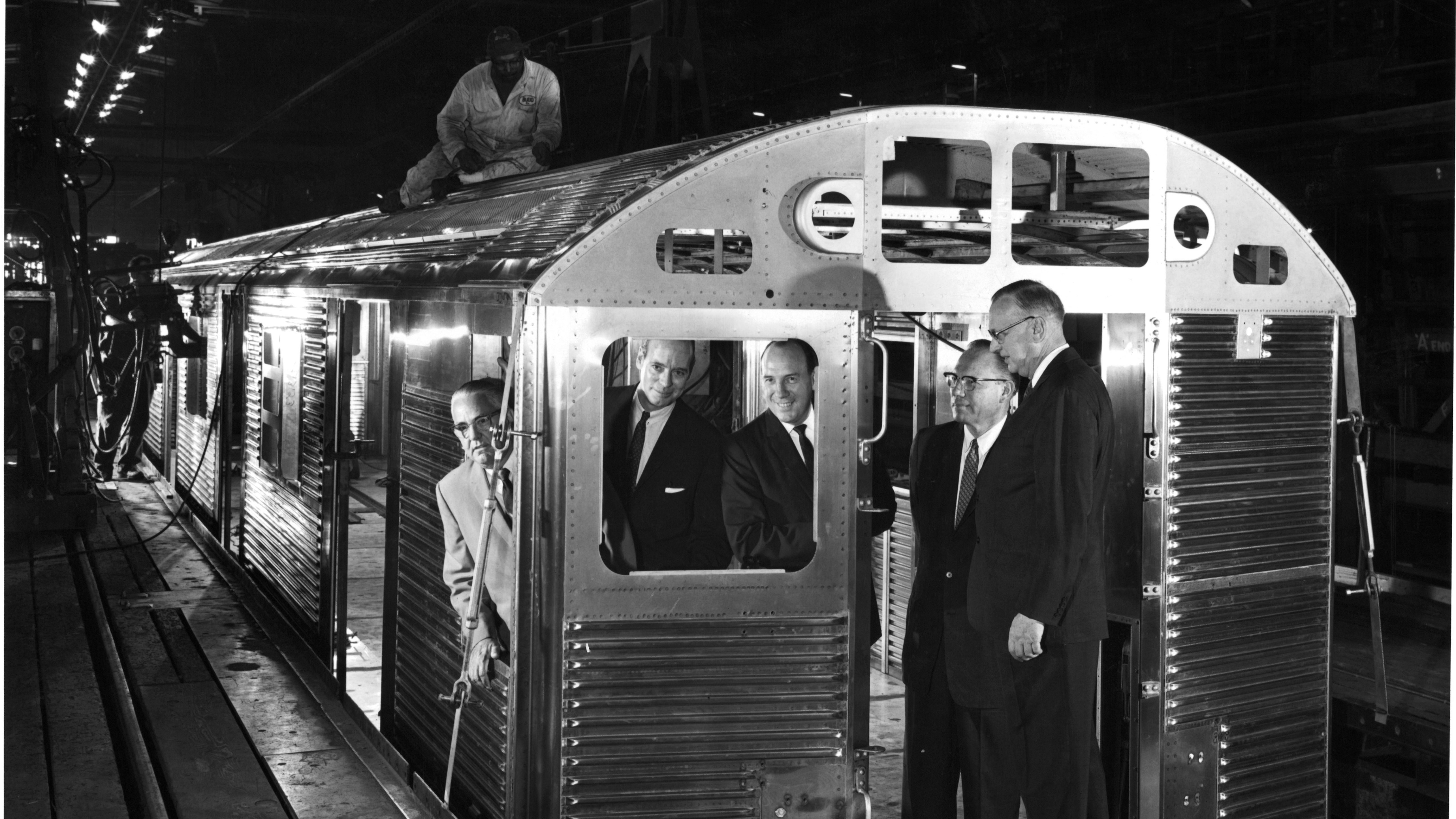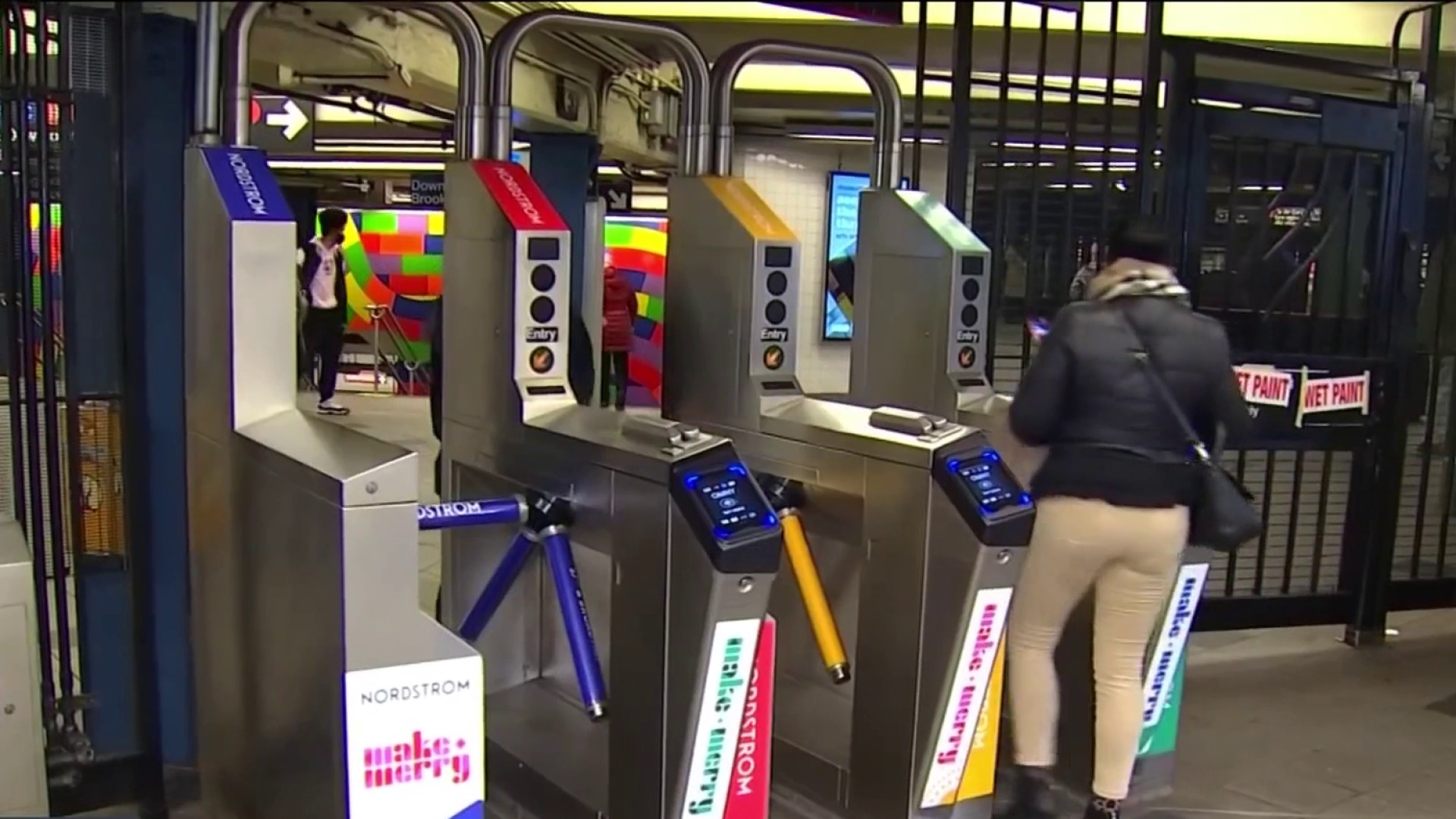What to Know
- In an effort to encourage New Yorkers to get back on subways, buses, and trains -- particularly following the sharp decline in ridership due to the pandemic -- the Metropolitan Transportation Authority announced a pilot fare program.
- The temporary promotional changes to fare structures will begin Feb. 28 for New York City Transit and Feb. 25 for commuter rail tickets.
- The pilot will last for at least four months.
In an effort to encourage New Yorkers to get back on subways, buses, and trains -- particularly following the sharp decline in ridership due to the pandemic -- the Metropolitan Transportation Authority announced a pilot fare program that is "more affordable, more flexible and more fair."
The temporary promotional changes to fare structures will begin Feb. 28 for New York City Transit and Feb. 25 for commuter rail tickets. The pilot will last for at least four months.
“Bringing riders back to mass transit depends on three variables – reliability, safety and price. We’ve made it a priority to get creative on fares,” MTA Chair and CEO Janno Lieber said in a statement.
Get Tri-state area news and weather forecasts to your inbox. Sign up for NBC New York newsletters.
“Transit affordability is also an equity issue, and we are committed to providing a wide range of new discounts, while ensuring the MTA maintains a solid bottom line.”
NYC TRANSIT FARE CAPPING PILOT
The fare capping pilot for New York City Transit will feature automatically free unlimited rides achieved after 12 OMNY taps, Monday through Sunday, without having to pre-pay for the week, according to the MTA.
Customers who tap and go with OMNY will be charged the standard $2.75 pay-per-ride fare for their first 12 trips starting every Monday. Any trips after that through the following Sunday would be free.
Those with a device or contactless card can start tapping their way to free rides as long as they use the same device or card each time.
Ultimately, this means that under the pilot, no OMNY customer would pay more than $33.00 per week -- the current price of a seven-day unlimited-ride MetroCard. Right now, only MetroCards offer the option of unlimited rides. But those cards are being phased out by 2023.
FARE CHANGES FOR LIRR, METRO-NORTH RAILROAD
The MTA will offer three major changes to railroad fares, all with the hope of encouraging railroad ridership within the city.
- A new 20-trip ticket will offer 20% off the comparable 20 peak one-way fares when purchased through MTA eTix, or at a ticket window;
- Monthly tickets, which are currently discounted between 48% and 61% of the price of a comparable number of one-way peak tickets, will be discounted by an additional 10%;
- CityTicket, which offers a reduced, flat fare on rail travel within New York City on weekends, will be extended to all weekday off-peak trains at a fare of $5.
- The new offer is a $2.25 or 31% discount from Metro-North’s current weekday fare between the Bronx and Manhattan, which is $7.25. (CityTicket must be purchased and activated before boarding the train. Metro-North’s off-peak fare between the Bronx and Manhattan remains $13 when purchased on board the train.)
- This new offer translates to $2.75 or 35% discount from the LIRR’s current weekday fare between eastern Queens and Manhattan or Brooklyn, which is $7.75. (CityTicket must be purchased and activated before boarding the train. The LIRR’s off-peak fare between eastern Queens and Manhattan or Brooklyn remains $14 when purchased on board the train.)
All LIRR and Metro-North fares will remain off peak through Feb. 28.
As the pilot is underway, the MTA will evaluate the new fares’ impact and customer experience, among other things.
The MTA has been contemplating a fare pilot program for some time. Another major city — London — has a fare cap program for their mass transit riders.
Before the pilot plan began to be put in place, the agency studied whether a cap would make economic sense, especially given that the year's planned fare increase was scratched.
"It's not a secret the MTA has serious financial challenges," Lieber said last year. "We want to make sure we are there for New Yorkers forever. And that means having a solid financial footing."
According to MTA Chief Customer Officer Sarah Meyer, if the fare capping pilot proves successful, it could be extended or even become permanent.
“Fare capping will save many of our riders money and give them more flexibility,” Meyer said. “At a time when New Yorkers are paying more for everyday items, the MTA is helping them save money on transportation, one of their most essential expenses...We hope riders embrace the new program, and we’ll be watching to see how it affects our operations and farebox revenue. If the pilot is successful, we could extend it or make it permanent.”




